Find A Professional
More Items From Ergsy search
-
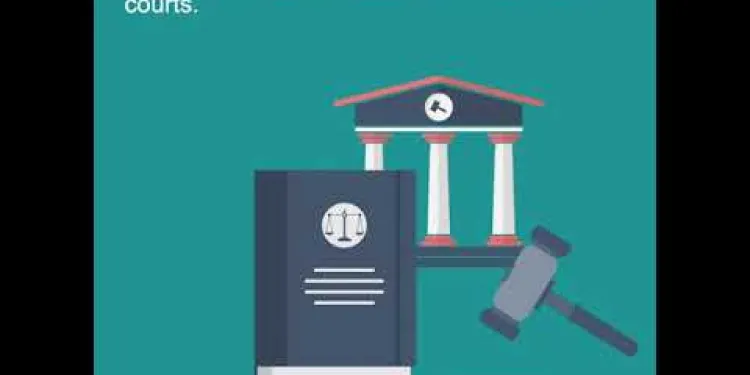
The Human Rights Act
Relevance: 100%
-
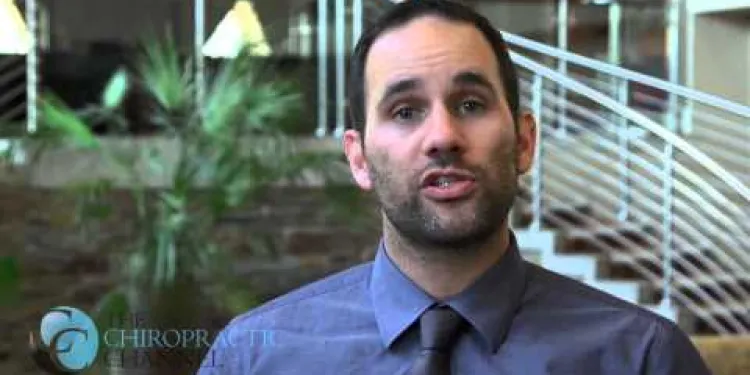
Chiropractic Care on the NHS
Relevance: 56%
-
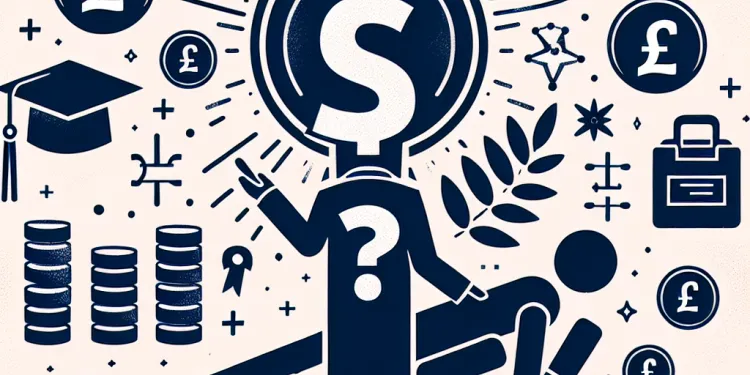
What qualifications does a chiropractor need?
Relevance: 53%
-

What is a smart contract?
Relevance: 52%
-

What is a chiropractic adjustment?
Relevance: 47%
-

Are chiropractic treatments safe?
Relevance: 46%
-

What does a Chiropractor do?
Relevance: 46%
-

Can children benefit from chiropractic care?
Relevance: 45%
-
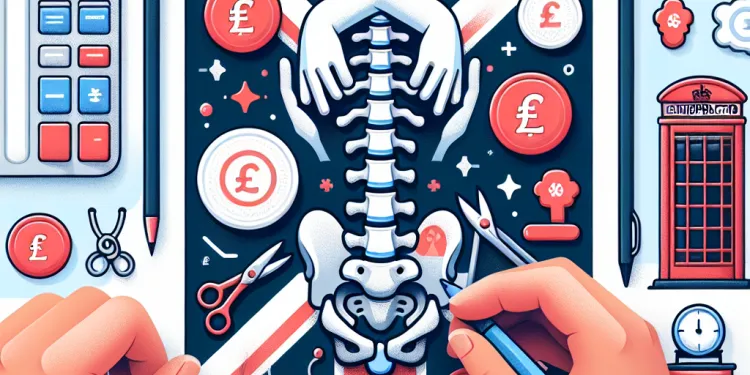
Do I need a referral to see a chiropractor?
Relevance: 45%
-

Do chiropractors prescribe medications?
Relevance: 43%
-

How can I check recent login activity on my email account?
Relevance: 42%
-
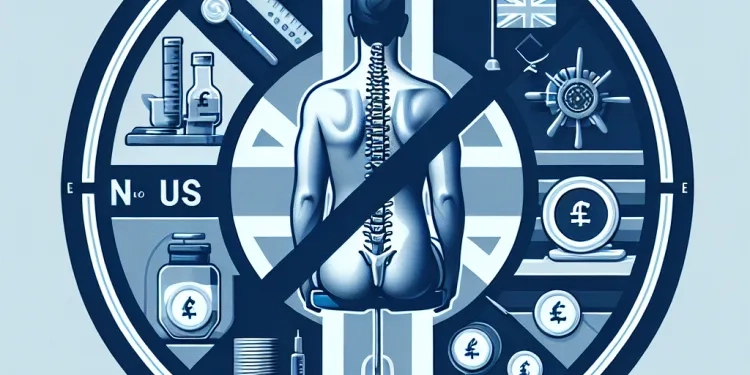
Are chiropractic treatments painful?
Relevance: 41%
-
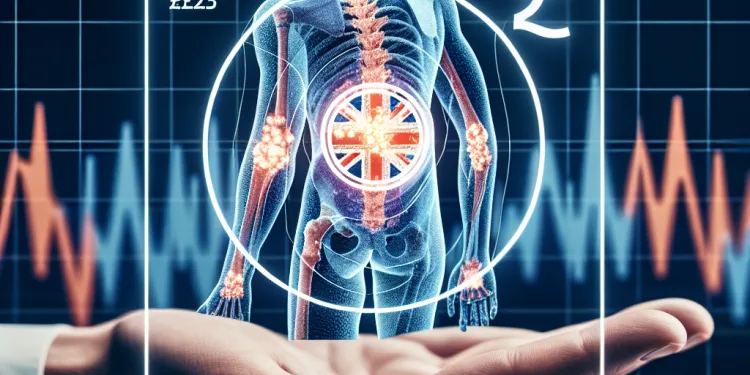
Can chiropractic care help with arthritis?
Relevance: 41%
-

Do chiropractors only treat the spine?
Relevance: 41%
-
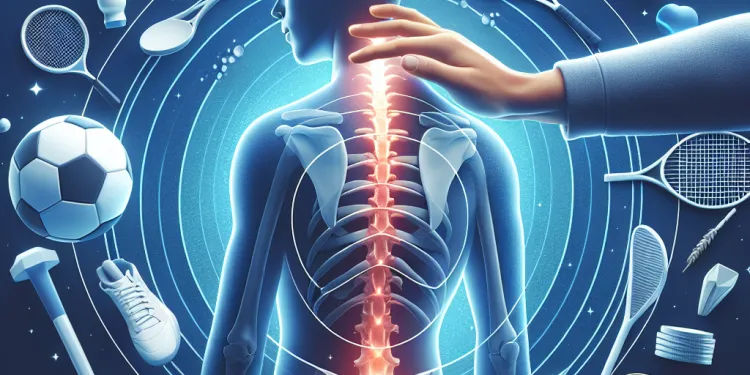
Can chiropractors help with sports injuries?
Relevance: 40%
-

Reactive arthritis
Relevance: 40%
-

Can I do high-impact exercises while pregnant?
Relevance: 37%
-
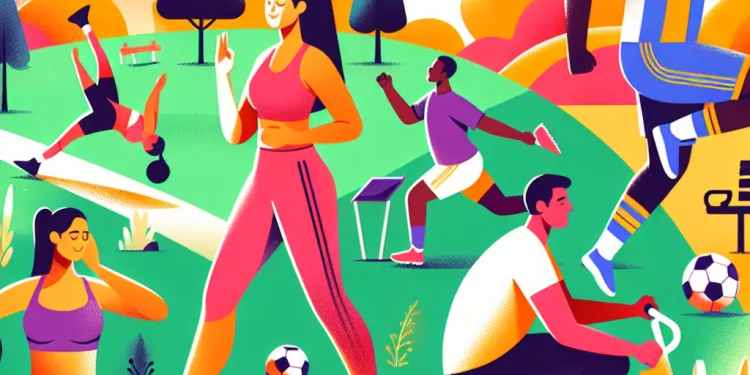
How important is physical activity in preventing obesity?
Relevance: 36%
-
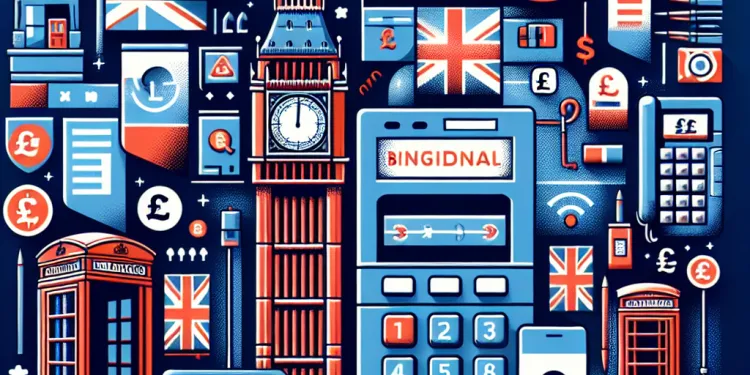
What actions are consumer rights groups taking regarding banking fee transparency?
Relevance: 36%
-

How often should I see a chiropractor?
Relevance: 36%
-

Can SEND children access extracurricular activities?
Relevance: 35%
-

How do chiropractors treat back pain?
Relevance: 35%
-

Cataract surgery can resolve life long short-sightedness?!
Relevance: 35%
-
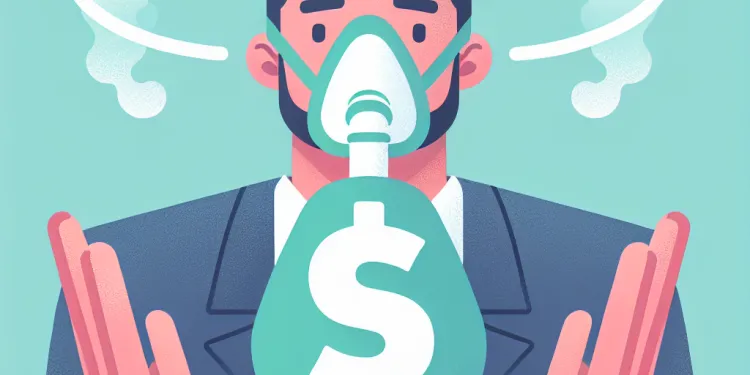
What is an asthma action plan?
Relevance: 35%
-

What is a Humanist Celebrant
Relevance: 34%
-

What is the risk of my contacts being compromised if my email is hacked?
Relevance: 33%
-

How long does a chiropractic session usually take?
Relevance: 33%
-
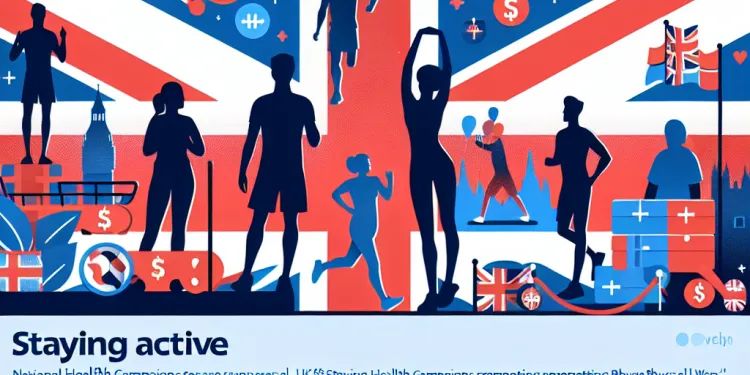
Staying Active: National Health Campaigns Promoting Physical Well-being
Relevance: 33%
-

How can I check recent login activity on my social media accounts?
Relevance: 32%
-

Are transactions with cryptocurrencies anonymous?
Relevance: 31%
-

The Benefits of Family Activities
Relevance: 30%
-
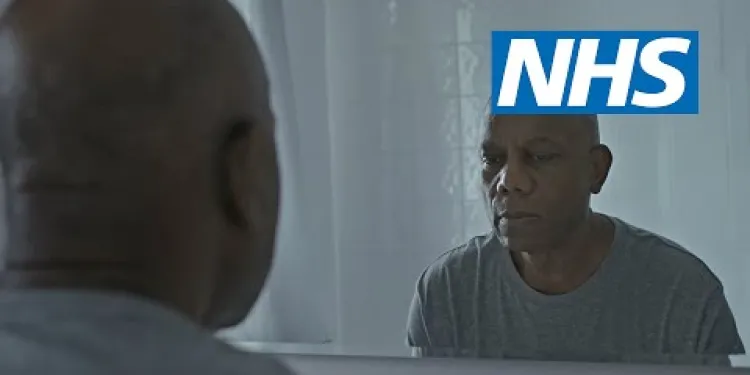
Worried about signs that could be cancer? Contact your GP practice | NHS
Relevance: 30%
-

Can individual actions significantly impact overall water loss?
Relevance: 30%
-
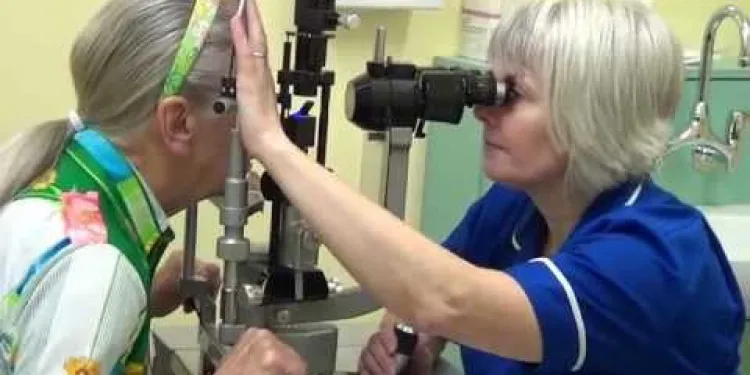
Your Cataract Operation
Relevance: 30%
-

Are the refunds part of a regulatory action?
Relevance: 29%
-

Are there retractable mosquito screens available?
Relevance: 29%
-

How is Nipah Virus transmitted?
Relevance: 29%
-

What role do fruit bats play in Nipah Virus transmission?
Relevance: 28%
-

Understanding the Impact of the UK's New Domestic Abuse Legislation
Relevance: 28%
-

How can I practice first aid skills effectively?
Relevance: 28%
The Human Rights Act
Introduction to The Human Rights Act
The Human Rights Act 1998 is a piece of legislation in the United Kingdom that has a profound impact on the everyday lives of its citizens. It incorporates the rights contained in the European Convention on Human Rights (ECHR) into UK law. This means that people in the UK can take human rights cases to UK courts rather than having to seek justice at the European Court of Human Rights in Strasbourg.
Key Provisions of The Human Rights Act
The Human Rights Act enshrines a wide range of rights and freedoms. These include the right to life, the right to a fair trial, freedom of thought, conscience, and religion, and the right to privacy. It also protects against inhuman or degrading treatment or punishment, and guarantees rights to education and free elections. The Act ensures that these rights must be respected and upheld by public bodies in the UK, such as the government, police, and local authorities.
How The Human Rights Act Affects UK Citizens
For UK citizens, the Human Rights Act serves as a crucial safeguard against abuses of power. It provides a legal framework through which individuals can challenge actions by the state that they believe infringe upon their rights. This has influenced a broad spectrum of areas including healthcare, immigration, and criminal justice. Public authorities are required to act compatibly with the rights outlined in the Act, promoting accountability and transparency.
Recent Developments and Debates
In recent years, the Human Rights Act has been the subject of debate and scrutiny. Critics argue that it can sometimes be misused and call for reforms or replacements, such as a British Bill of Rights. Supporters, on the other hand, emphasize its importance in protecting civil liberties and ensuring that the UK upholds international human rights standards. As of now, the Act remains a cornerstone of human rights protection in the UK.
The Human Rights Act
What is The Human Rights Act?
The Human Rights Act is a big UK law made in 1998. It helps protect people's rights in everyday life. It brings laws from Europe to the UK. This means people can go to UK courts, not European ones, when they feel their rights are not respected.
Main Parts of The Human Rights Act
The Human Rights Act talks about important rights. These include the right to live, the right to a fair trial, the freedom to think and have beliefs, and the right to keep your life private. It stops bad treatment and keeps the right to learn and vote. Public services like the government and police must respect these rights.
How The Human Rights Act Helps People
In the UK, the Human Rights Act protects people from unfair treatment. It gives a way for people to speak up if they feel their rights are not respected. This law helps in areas like health, immigration, and justice. It makes sure public services do their job in the right way.
Recent Talks About The Act
People have been talking a lot about the Human Rights Act. Some say it is used wrongly and should change. There are ideas for a new British Bill of Rights. But many people think the Act is good for protecting freedoms and keeping the UK fair. The Act is still very important in keeping people's rights safe.
Frequently Asked Questions
What is the Human Rights Act?
The Human Rights Act is a UK law passed in 1998 which allows you to defend your rights in UK courts and ensures that public organizations, including the government, the police, and local councils, treat everyone equally, with fairness, dignity, and respect.
When did the Human Rights Act come into force?
The Human Rights Act came into force on 2 October 2000.
Which rights are protected under the Human Rights Act?
The Human Rights Act protects a range of rights including the right to life, the right to a fair trial, the right to privacy, and the right to freedom of expression, among others.
Can the government change the Human Rights Act?
Yes, the government has the power to amend or repeal the Human Rights Act, but any such changes would typically require approval from both Houses of Parliament.
How does the Human Rights Act affect public authorities?
Public authorities, such as government departments, local authorities, and the police, must act in a way that is compatible with the rights protected under the Human Rights Act.
Can individuals bring cases under the Human Rights Act in UK courts?
Yes, individuals can bring cases under the Human Rights Act in UK courts if they believe their rights have been violated by a public authority.
What is the relationship between the Human Rights Act and the European Convention on Human Rights (ECHR)?
The Human Rights Act incorporates the rights contained in the European Convention on Human Rights into UK law, meaning that those rights can be enforced in UK courts.
Does the Human Rights Act apply to private companies?
The Human Rights Act does not generally apply to private companies directly, but it affects them to the extent that they have to respect human rights in certain circumstances, particularly when performing public functions.
What can I do if I think my rights under the Human Rights Act have been violated?
You can take legal action against the public authority in question, initially by making a complaint to the authority, and if necessary, by taking your case to court.
Are there any limitations on the rights provided by the Human Rights Act?
Some rights under the Human Rights Act are absolute, while others can be limited or restricted under certain circumstances, such as in the interests of national security or public safety.
What is the role of the European Court of Human Rights in relation to the Human Rights Act?
The European Court of Human Rights oversees the European Convention on Human Rights. UK citizens can take their cases to this court if they have exhausted all domestic legal remedies.
Can UK courts ignore the European Convention on Human Rights?
No, UK courts must take into account the rights set out in the European Convention on Human Rights when making decisions under the Human Rights Act.
What happens if a UK law is found to be incompatible with the Human Rights Act?
If a UK law is found to be incompatible with the Human Rights Act, courts can issue a declaration of incompatibility, which does not invalidate the law but indicates to Parliament that it should be amended.
How does the Human Rights Act impact freedom of expression?
The Human Rights Act protects the right to freedom of expression, but this right can be restricted in certain circumstances, such as to protect national security, public safety, or the rights of others.
Does the Human Rights Act protect against discrimination?
Yes, the Human Rights Act prohibits discrimination in the enjoyment of the rights and freedoms set out in the European Convention on Human Rights.
What is the Human Rights Act?
The Human Rights Act is a set of rules. These rules help protect everyone's rights. This means it keeps people safe and treated fairly. It is like a big list of important things everyone should have, like being treated with respect.
If you want to learn more, you can ask someone to help you understand. You can also look at pictures or watch videos about it. These tools can make it easier to learn.
The Human Rights Act is a UK law. It was made in 1998. This law helps you to protect your rights in UK courts. It makes sure that public groups, like the government, the police, and local councils, treat everyone the same way. They must be fair, kind, and show respect to everyone.
To help understand more, you can: - Use simple drawings or pictures. - Read one sentence at a time. - Ask someone to help you if you find it hard.
When did the Human Rights Act start?
The Human Rights Act started on 2 October 2000.
What rights does the Human Rights Act protect?
The Human Rights Act is a law that helps keep people safe and treated fairly. It says everyone has important rights. These rights include:
- The right to life: This means everyone has the right to live.
- The right to a fair trial: This means if someone goes to court, they should be treated fairly.
- The right to privacy: This means everyone has the right to keep their personal life private.
- The right to freedom of expression: This means everyone can share what they think or feel.
If you need help understanding these rights, you can use pictures, videos, or talk to someone you trust.
Can the government change the Human Rights Act?
The government can make changes to laws like the Human Rights Act.
If they want to change a law, they talk about it in a place called Parliament.
The law can change if a lot of people in Parliament agree.
For help with reading, you can use tools like audiobooks or ask someone to read with you.
Yes, the government can change or stop the Human Rights Act. But, to do this, they usually need a 'yes' from both parts of Parliament.
What does the Human Rights Act mean for public authorities?
The Human Rights Act is a law to help keep people safe and treated fairly.
Public authorities are groups like the police, schools, and hospitals. They need to follow this law.
This means they must respect your rights and treat you with care.
Here are some tips and tools to help:
- Ask for more information if you don't understand something.
- Use pictures or videos to learn more.
- Talk to someone you trust if you have questions or need help.
Groups like the government, local councils, and the police must follow rules that protect people's rights. These rules are part of the Human Rights Act.
If reading is tough, tools like text-to-speech can help. They read text out loud.
Can people use the Human Rights Act in UK courts?
Yes, people can use the Human Rights Act to ask for help in UK courts. This means they can tell the courts if they think their rights have been taken away.
Here are some helpful tools:
- Bring a friend or helper to the court.
- Use drawings or simple words to explain your problem.
- Ask a support worker to help you understand the paperwork.
Yes, people can go to court in the UK if they think a public service has not respected their rights.
How are the Human Rights Act and the European Convention on Human Rights (ECHR) connected?
The Human Rights Act is a law in the UK. It helps protect people's rights.
The European Convention on Human Rights (ECHR) is a special list of rights. Lots of countries in Europe follow these rights.
The Human Rights Act puts the ECHR rights into UK law. This means people in the UK can use these rights in UK courts.
If you want more help to understand this, you can use pictures or graphs. Also, asking someone to explain it can be helpful.
The Human Rights Act puts important rules from the European Convention on Human Rights into UK law. This means people can use these rules in UK courts.
Do the Rules for Human Rights Work for Private Companies?
Do the special rules that protect people (called Human Rights) work when it comes to private companies?
If you are not sure, you can ask for help. Some people ask friends or family. Others use a tool like a dictionary or the internet to learn more.
The Human Rights Act is about treating people fairly. It doesn't usually tell private companies what to do. But, if these companies are doing jobs for the government or the public, they must follow the Human Rights Act and treat people properly.
What should I do if I think my human rights have been broken?
Here are some steps to help you:
- Talk to someone you trust. This can be a family member or a friend.
- Write down what happened. This helps you remember the details.
- You can speak to a lawyer for advice. They are experts in rights and can help you understand.
- Try using a computer tool like text-to-speech. It reads out loud for you.
- Look for groups or charities that help people with rights issues. They can give you support.
If someone isn’t treating you fairly, you can tell someone in charge. This is called making a complaint. If that doesn’t help, you can ask a judge to look at it. This is called going to court.
Are there any limits to the rights in the Human Rights Act?
The Human Rights Act gives people rights. But, sometimes there are limits.
Some rights can have rules or limits. This is to make sure everything is fair and safe for everyone.
It is important to know your rights. You can ask someone to help you understand them better.
Tools that may help: Reading aids, picture books, or asking someone you trust.
There are rules in the Human Rights Act. Some rules must always be followed. Other rules can change if there is a good reason. For example, if it keeps the country safe or helps protect people.
What does the European Court of Human Rights do with the Human Rights Act?
The European Court of Human Rights checks if countries follow rules that protect people's rights. It works with the Human Rights Act to keep people safe and treated fairly.
To learn more or make reading easier, you can try using a ruler to follow lines or listen to audio books.
The European Court of Human Rights looks after the rules for human rights in Europe. People in the UK can ask this court for help if they have tried all other legal options in the UK and still need help.
Tip: If reading is hard, try using audiobooks or text-to-speech tools. These can read the text out loud to you.
Can UK courts ignore the European Convention on Human Rights?
Do UK judges have to follow the European Convention on Human Rights, or can they choose not to?
If you want more help to understand, you can:
- Ask someone to explain it to you.
- Use a dictionary to look up hard words.
- Listen to the question being read out loud.
No, UK courts have to think about rights from the European Convention on Human Rights when they make decisions using the Human Rights Act.
What happens if a UK law does not match the Human Rights Act?
Let's say there is a UK law. This law must respect people's rights. These rights are in something called the "Human Rights Act." If a judge finds that the UK law does not match this Act, what happens next?
If this happens, the judge can say, "This UK law is not fair." But, the law is not changed automatically. The UK Parliament will look at the law and decide what to do.
If you find it hard to understand, you can use tools like text-to-speech software to listen to the information. Or, you can ask someone to explain it to you in a different way.
If a UK law does not match the Human Rights Act, courts can say so. This is called a "declaration of incompatibility." It does not cancel the law, but it lets Parliament know that it should change the law.
Some tools and techniques that might help include:
- Using text-to-speech software to read aloud.
- Breaking the text into shorter sentences.
- Highlighting important words.
- Using pictures to explain ideas.
How does the Human Rights Act affect freedom of speech?
The Human Rights Act is a law. It helps keep people safe and treats them fairly.
One part of this law talks about freedom of speech. This means people can say what they think. They can share their ideas and talk about their feelings.
Sometimes, people may need help to understand how this law works. It's okay to ask a teacher, friend, or family member to explain it.
Using pictures or videos can also make it easier to understand. You can find these tools online or in books.
The Human Rights Act says people can share their thoughts and ideas. This is called freedom of expression. But sometimes, there are rules. These rules are to keep everyone safe and protect people. For example, if it helps keep the country safe or stops other people from getting hurt.
Here are some ways to help understand this better:
- Try using simple language when explaining things.
- Use pictures or drawings to help show ideas.
- Read with someone and talk about what the words mean.
Can the Human Rights Act help stop unfair treatment?
The Human Rights Act says that people should not be treated unfairly. This means everyone should be able to enjoy their rights and freedoms.
Useful Links
- Ergsy carfully checks the information in the videos we provide here.
- Videos shown by Youtube after a video has completed, have NOT been reviewed by ERGSY.
- To view, click the arrow in centre of video.
- Most of the videos you find here will have subtitles and/or closed captions available.
- You may need to turn these on, and choose your preferred language.
- Go to the video you'd like to watch.
- If closed captions (CC) are available, settings will be visible on the bottom right of the video player.
- To turn on Captions, click settings .
- To turn off Captions, click settings again.
More Items From Ergsy search
-

The Human Rights Act
Relevance: 100%
-

Chiropractic Care on the NHS
Relevance: 56%
-

What qualifications does a chiropractor need?
Relevance: 53%
-

What is a smart contract?
Relevance: 52%
-

What is a chiropractic adjustment?
Relevance: 47%
-

Are chiropractic treatments safe?
Relevance: 46%
-

What does a Chiropractor do?
Relevance: 46%
-

Can children benefit from chiropractic care?
Relevance: 45%
-

Do I need a referral to see a chiropractor?
Relevance: 45%
-

Do chiropractors prescribe medications?
Relevance: 43%
-

How can I check recent login activity on my email account?
Relevance: 42%
-

Are chiropractic treatments painful?
Relevance: 41%
-

Can chiropractic care help with arthritis?
Relevance: 41%
-

Do chiropractors only treat the spine?
Relevance: 41%
-

Can chiropractors help with sports injuries?
Relevance: 40%
-

Reactive arthritis
Relevance: 40%
-

Can I do high-impact exercises while pregnant?
Relevance: 37%
-

How important is physical activity in preventing obesity?
Relevance: 36%
-

What actions are consumer rights groups taking regarding banking fee transparency?
Relevance: 36%
-

How often should I see a chiropractor?
Relevance: 36%
-

Can SEND children access extracurricular activities?
Relevance: 35%
-

How do chiropractors treat back pain?
Relevance: 35%
-

Cataract surgery can resolve life long short-sightedness?!
Relevance: 35%
-

What is an asthma action plan?
Relevance: 35%
-

What is a Humanist Celebrant
Relevance: 34%
-

What is the risk of my contacts being compromised if my email is hacked?
Relevance: 33%
-

How long does a chiropractic session usually take?
Relevance: 33%
-

Staying Active: National Health Campaigns Promoting Physical Well-being
Relevance: 33%
-

How can I check recent login activity on my social media accounts?
Relevance: 32%
-

Are transactions with cryptocurrencies anonymous?
Relevance: 31%
-

The Benefits of Family Activities
Relevance: 30%
-

Worried about signs that could be cancer? Contact your GP practice | NHS
Relevance: 30%
-

Can individual actions significantly impact overall water loss?
Relevance: 30%
-

Your Cataract Operation
Relevance: 30%
-

Are the refunds part of a regulatory action?
Relevance: 29%
-

Are there retractable mosquito screens available?
Relevance: 29%
-

How is Nipah Virus transmitted?
Relevance: 29%
-

What role do fruit bats play in Nipah Virus transmission?
Relevance: 28%
-

Understanding the Impact of the UK's New Domestic Abuse Legislation
Relevance: 28%
-

How can I practice first aid skills effectively?
Relevance: 28%